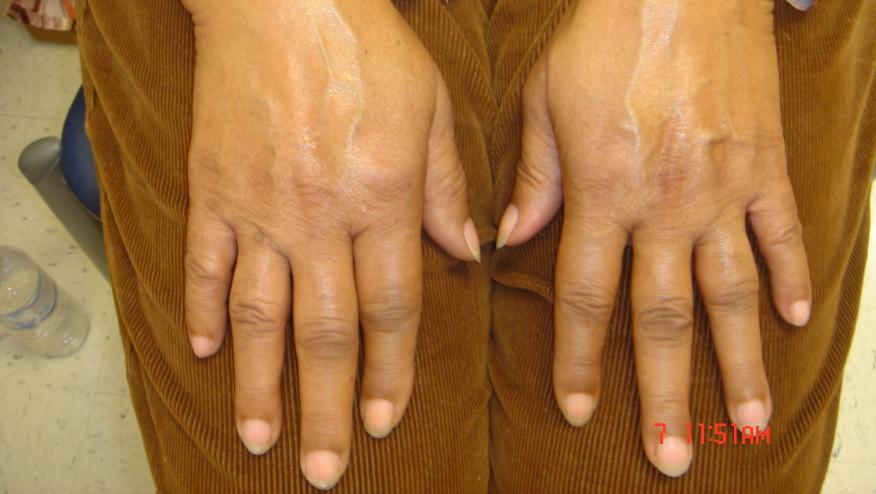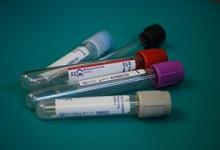Seronegative and Seropositive Rheumatoids Respond Equally Well Save

A cohort study of 241 DMARD-naive rheumatoid arthritis (RA) patients, meeting either 1987 ACR or the 2010 ACR/EULAR classification criteria for RA, compared the baseline status and long term outcomes of seronegative (SNRA) and seropositive (SPRA).
While it is well-known that RA patients seropositive for either rheumatoid factor (RF) and anti-cyclic citrullinated peptide antibody (ACPA) may have more aggressive disease and poorer radiologic outcomes, the fate of SNRA patients is less well characterized.
They compared 40 patients with SNRA and 201 with SPRA and looked at clinical and X-ray findings at baseline and after 1 and 2 years of conventional DMARD treatment.
While age, sex and disease duration were similar between SNRA and SPRA, at baseline SNRA patients had higher median tender joint counts (4.7±2.9 vs. 3.3±2.7, p = 0.004), swollen joint counts (4.3±3.0 vs. 2.9±2.3, p = 0.001) and DAS28 scores (5.1±1.0 vs. 4.7±1.0, p = 0.043). Such findings have been noted in other cohort studies and suggests that SNRA patients will require quantitatively more joint activity to meet the RA classification criteria.
After 2 years of DMARDs therapy, all patients and measures and X-ray outcomes improved equally. But the change in disease activity (ΔDAS28) was only greater at 1 year when comparing SNRA and SPRA (-2.84±1.32 vs. -3.70±1.29, p = 0.037) in high disease activity population (DAS28-ESR>5.1).
These data suggest that while SNRA patients may have more disease activity and more joints early in the disease, they appear to respond equally well to conventional DMARD therapy.










If you are a health practitioner, you may Login/Register to comment.
Due to the nature of these comment forums, only health practitioners are allowed to comment at this time.